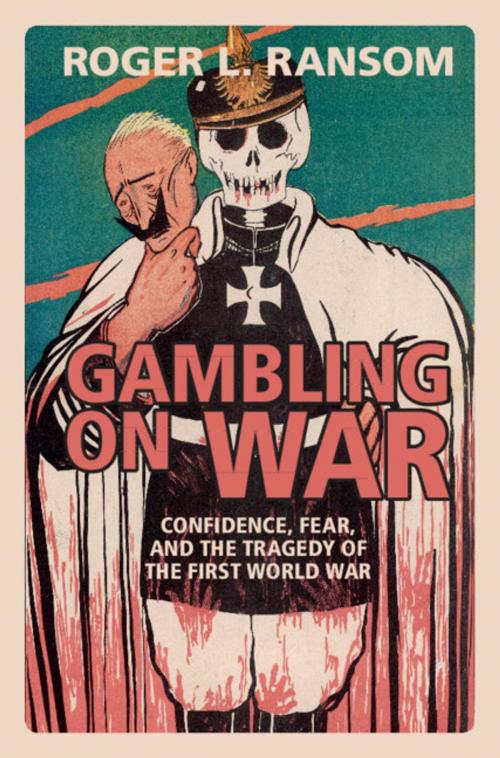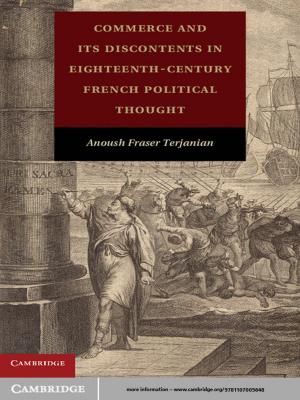Gambling on War
Confidence, Fear, and the Tragedy of the First World War
Business & Finance, Economics, Economic History, Nonfiction, History| Author: | Roger L. Ransom | ISBN: | 9781108608176 |
| Publisher: | Cambridge University Press | Publication: | July 31, 2018 |
| Imprint: | Cambridge University Press | Language: | English |
| Author: | Roger L. Ransom |
| ISBN: | 9781108608176 |
| Publisher: | Cambridge University Press |
| Publication: | July 31, 2018 |
| Imprint: | Cambridge University Press |
| Language: | English |
The First World War left a legacy of chaos that is still with us a century later. Why did European leaders resort to war and why did they not end it sooner? Roger L. Ransom sheds new light on this enduring puzzle by employing insights from prospect theory and notions of risk and uncertainty. He reveals how the interplay of confidence, fear, and a propensity to gamble encouraged aggressive behavior by leaders who pursued risky military strategies in hopes of winning the war. The result was a series of military disasters and a war of attrition which gradually exhausted the belligerents without producing any hope of ending the war. Ultimately, he shows that the outcome of the war rested as much on the ability of the Allied powers to muster their superior economic resources to continue the fight as it did on success on the battlefield.
The First World War left a legacy of chaos that is still with us a century later. Why did European leaders resort to war and why did they not end it sooner? Roger L. Ransom sheds new light on this enduring puzzle by employing insights from prospect theory and notions of risk and uncertainty. He reveals how the interplay of confidence, fear, and a propensity to gamble encouraged aggressive behavior by leaders who pursued risky military strategies in hopes of winning the war. The result was a series of military disasters and a war of attrition which gradually exhausted the belligerents without producing any hope of ending the war. Ultimately, he shows that the outcome of the war rested as much on the ability of the Allied powers to muster their superior economic resources to continue the fight as it did on success on the battlefield.















